


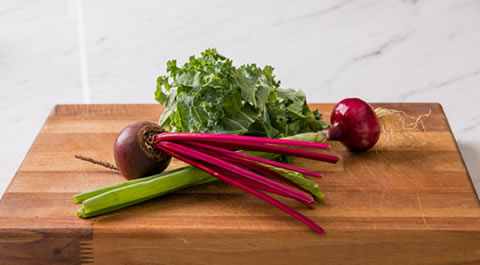
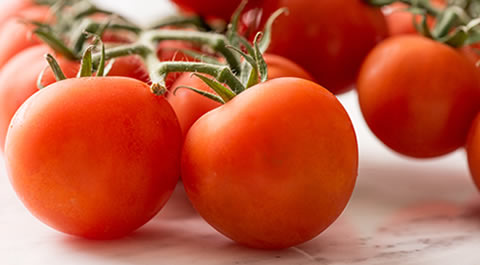
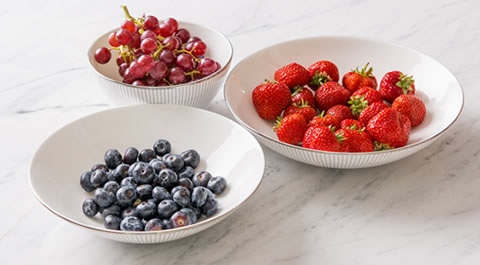
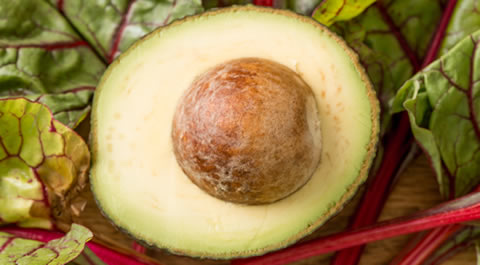
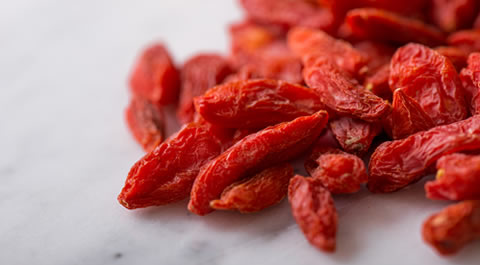

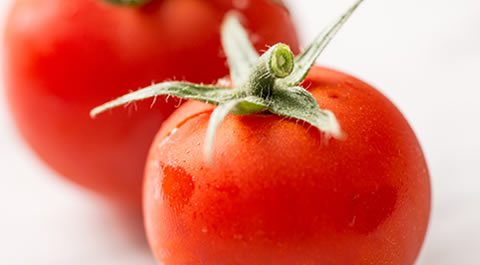
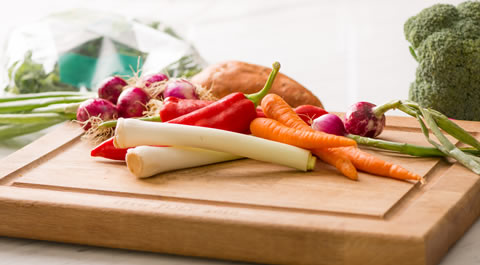
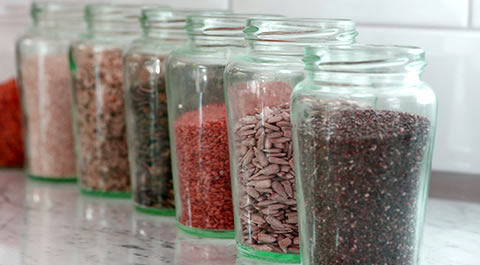







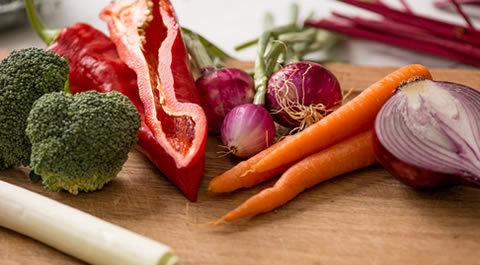

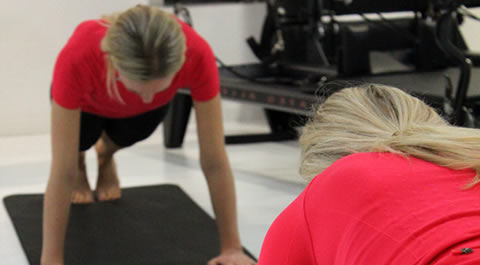


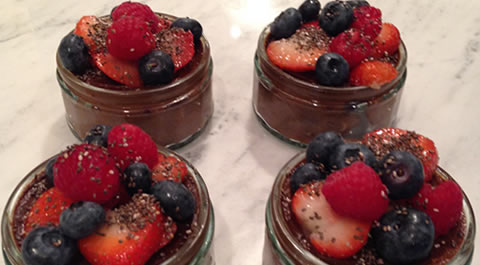



Pre and Post Natal Support
Making the right food choices and ensuring high quality nutrient intake during and after pregnancy supports the growth and development of the baby and optimum health of the mother. It can also support successful breastfeeding and lessen the risk of post natal depression.
DO’S
1) Fruit and Vegetables - Eat at least 10 portions of fruit and vegetables per day (provides high levels of vitamins and minerals). Maximum 3 pieces of fruit, a rainbow of colours, two leafy green vegetables/day e.g. kale, broccoli, spinach, chard, cabbage, brussel sprouts and organic where possible (to reduce pesticide exposure)
2) Protein – Eat protein with every meal and snack (essential for baby’s growth, mother’s body tissue maintenance, energy production & post natal healing) e.g. organic/ grass fed red meat, fish, poultry, eggs, quinoa, legumes (chickpea, beans, lentils), nuts and seeds. Eat no more than 2 portions of oily fish (salmon, fresh mackerel, anchovies, sardines)/ large fish per week e.g. fresh tuna, marlin, swordfish (due to mercury, PCB and dioxin content).
3) Fibre – ground flaxseed, fruit & veg, legumes and wholegrains e.g. quinoa, buckwheat, brown rice, oats (to prevent constipation & efficient elimination of toxins).
4) Snacks (containing protein) – unsalted/ unroasted nuts, fresh/ dried fruit with sunflower/pumpkin or hemp seeds, baked root vegetable slices with sesame seeds, rice cakes/ oat cakes/ corn cakes or vegetable sticks with nut butters or humus, avocado/ guacamole with pumpkin seeds, hard boiled eggs.
5) Water- Drink at least 2 litres of filtered water to support increased blood volume, kidney/ liver function, to avoid dehydration and constipation and prevent water retention.
6) Breastfeeding supply support / galactagogues
- Rest is essential – prolonged broken sleep at night means sleeping when you can during the day is key for maintaining supply (it can have an almost instantaneous effect)
- Fenugreek – as a tea (2-3 cups/day) or capsule (two 500mg 3 times/day)
- Fennel seeds – brewed as a tea (1tsp boiled in water and brewed for 10 minutes 2/3 cups/day)
- Energy production – eating protein with every meal and snack (above) and plenty of good fats e.g. avocado, oily fish (2/week max), nuts/seeds, olive oil (not heated) and coconut oil for cooking ensures the body has what it requires for the increased energy required to produce milk.
7) Supplements
- A good quality multivitamin with well absorbed forms of vitamins and minerals gives a good base levels of all nutrients e.g. Nutri Advanced Pregnancy Multi Essentials, Biocare Ante-Natal Forte, Biocare Pregnancy & Lactation Formula or Biotics Research Corporation Pre-Natal Packs
- A stable fish oil to boost omega 3 fatty acids (DHA and EPA) e.g. Nutri Advanced Eskimo 3, Biotics Research Corporation Pre-Natal packs also contains DHA/EPA.
- Probiotics to strengthen mother and baby’s gut and immune health e.g. Biotics Research Corporation BioDoph 7 Plus
DON’T’S
1) Caffeine - Avoid in first trimester and no more than 200mg/day thereafter e.g. espresso = 80mg or two cups of instant coffee or tea and 30g of 70% dark chocolate = approx. 45mg
2) Pâté - all pâté should be avoided as it can contain listeria and also has high levels of Vitamin A as retinol, which can be harmful.
3) Cheese - avoid mould ripened soft cheeses e.g. brie and camembert and blue cheeses e.g. blue stilton, gorgonzola or roquefort. However, hard cheeses such as cheddar and parmesan as well as cottage cheese, mozzarella, cream cheese, ricotta and halloumi are all ok.
4) Peanuts - Avoid if you or immediate family have history of allergy (asthma, eczema, hay fever, food allergy/ intolerance).
5) Sugar/ salt – excess sugar can increase risk of developing gestational diabetes and restricted or excessive salt intake should be avoided.
6) Reduce food poisoning – avoid raw or partially cooked eggs (white and yolk should be solid), raw or smoked meat such as parma ham/ salami/ smoked salmon, raw shellfish and sushi, unpasteurised dairy products and cook meat thoroughly.
7) Toxoplasmosis(parasite in cat faeces) – present in raw or undercooked meat, soil left on unwashed fruit and veg.
8 Key Vitamins and Minerals
Pregnancy places significant demands on vitamin and mineral needs for both the growth and development of the baby and to support optimum health of the mother so being aware of some key nutrients during and after pregnancy and how to boost their intake can be helpful.
1) Vitamin A (foetal tissue growth) – liver and pâté or fish liver oil supplements contain high levels of Vitamin A as retinol, which can harm the unborn baby so avoid these. However, carotenoids, pre-cursors to vitamin A are absolutely fine e.g. carrots, butternut squash, sweet potato, mango, cantaloupe melon.
2) Folic Acid (DNA synthesis and prevent neural tube defects) – 400mcg/day - advised to take as a supplement but foods also include leafy green veg and legumes (chickpeas, lentils, beans).
3) Iron (for increase in mother’s blood, foetal placenta & energy production) e.g. organic/ grass fed red meat, dark green leafy veg (broccoli, spinach, kale, brussel sprouts), parsley, pumpkin/sesame/ sunflower seeds, chickpeas, kidney/ pinto beans.
4) Vitamin D – (maternal skeletal preservation, foetal skeletal growth & immune support). Best source is through the skin from sunshine or alternatively a supplement as it’s hard to get the levels needed through food. This is routinely tested during pregnancy and also needs to be given to baby if breastfeeding.
5) Iodine (thyroid function) e.g. sea vegetables (sea kelp, seaweed), shellfish, fish
6) Calcium (bone health) e.g. dark green leafy veg, almonds, sesame seeds, dried figs
7) Zinc (learning development & memory) e.g. pumpkin/ sunflower seeds, red meat, poultry, green leafy veg.
8) Magnesium (decreases pre-eclampsia, supports nerve & muscle function, a healthy birth weight & energy) e.g. green leafy veg, legumes, pumpkin seeds, flaxseeds, tahini, brazil nuts, buckwheat, sun dried tomatoes.
Vegans may not meet some protein, fat and vitamin and mineral requirements so supplementation can be necessary.
Supplements:It is advisable to take a goodquality multivitamin to ensure adequate micronutrient intake e.g. Nutri Advanced Pregnancy Multi Essentials, Biocare Ante-Natal Forte and Biocare Pregnancy & Lactation Formula or Biotics Research Corporation Pre-Natal Packs
8 Pre and Postnatal Lifestyle Tips
Supporting optimum health for mother and baby during pregnancy and breastfeeding depends on good food choices as well as adopting some sustainable lifestyle habits in order to encourage physical and mental wellbeing and to reduce the impact of environmental and social risks.
1) Exercise (supports body changes, helps get back into shape and reduces stress). During pregnancy continue with normal exercise programmes but do not overly exert and advise instructors. Do not take up anything new and avoid contact sports and scuba diving. Swimming, pilates, yoga and walking are all great options. Do not resume exercise regime, apart from walking, until after check up with GP 6 weeks after birth.
2) Alcohol/ smoking – Alcohol is not recommended during pregnancy (particularly during the first 3 months) or breastfeeding. Equally, smoking decreases oxygen to the baby and increases the risk of being underweight and premature.
3) Manage and lower stress – Box breaths (breathe in for 4 seconds, hold for 4 seconds, breathe out for 4 seconds and hold for 4 seconds and repeat all 10 times), wind down between 9-10pm (relaxing music, funny book/ light reading, happy film, meditation e.g. Headspace app, Calm app), pregnancy yoga (the life centre) / pilates (tenpilates runs pre-natal reformer classes, pregnancy massages, exercise and talking it through with someone. Stress reduces milk supply so stress management and rest is key.
4) Sleep - Improve sleep quality by adopting relaxation techniques (above), stop checking phone/ avoid blue light from screens an hour before bed, exercise, lavender drops on a pillow or in a bath (not too hot), some carbohydrate at dinner (boosts serotonin production that induces sleep) and extra pillows to support the bump and back and between the legs supports the lower back/hips.
5) Household chemicals, solvents and pesticides – avoid exposure to paints, arts materials, ceramics, solder, batteries, fungicides, glue, dry cleaning chemicals, lead petrol, mercury.
6) Radiation – if phone is in bedroom put onto aeroplane mode overnight, don’t rest laptops on bump, stand away from fan ovens when they are on and turn Wi-Fi off at night/ avoid prolonged periods within 2 metres of the Wi-Fi hub.
7) Morning sickness – avoid skipping meals which causes low blood sugar, eat little and often, ginger & peppermint tea, boost B6 foods (tuna, turkey, chicken, salmon, sweet potato, sunflower seeds, spinach, banana) or as a supplement (25mg 3 times/day)
8) Heartburn - Eat small meals and more often, prop head up on extra pillow in bed/ when lying down, avoiding foods that increase acidity e.g. spicy food, coffee, citrus, sugar.
9) Support network - Local playgroups, pre/post natal classes, music classes, swimming lessons and coffees/ lunches – don’t get stuck at home with your routine.


Sleep is the single most affective thing we can do to reset our brain and body health each day but lack of sleep has become such a problem that we are now in a sleep loss epidemic. Not surprising given the ‘sleeping is cheating’ mentality and precious hours being sacrificed for more time online. More than 50% of us are getting less than 6 hrs/ night, compared to just 10% 80 years ago. Lost sleep can never fully be recovered and can lead to impaired learning, memory, creativity and emotional stability as well as altzeimers, heart disease & BP problems, weight gain, diabetes, gut disorders like IBS and reduced immune function.
With that in mind, below are some tips to encourage mindful downtime and improved sleep quality:
1) Daytime Preparation
- Spend at least 20 minutes outside (even if cloudy) within 1-2 hrs of waking (resets circadian rhythm)
- Caffeine before noon (if you can tolerate it ok)
- Exercise sufficiently & earlier in the day
2) Create a bedtime routine for the brain to recognise
- Phones onto ‘night-time’ mode 2-4 hours before bed
- Eat earlier, before 7pm if poss
- No-Tech 90 mins before bed
- Do something relaxing each evening e.g. easy watching TV, cooking, baths, yoga, stretching, listening to music, adult colouring books!
- Practice stillness for 5-10 mins e.g. 3-4-5 breathing, meditation, mindfulness (Calm or headspace apps)
- Read next to low light in bed until ready to fall asleep
3) Bedroom Environment
- Create absolute darkness e.g. blackout blinds
- Remove all screens from bedroom (use old type alarm clock for waking or glo-clock)
- Open bedroom window (17 degrees is perfect temp for sleeping)
- Red light bulbs (very good for kid’s bedrooms/ landings)
- If you can’t sleep after 20 mins go into another room and do a relaxing activity until tired (to strengthen the association between bed & sleep)

Eating at least 5 a day and eating nutrient dense foods is always trending but how do you know whether you are getting all the nutrients from your fruit and veg? Steaming vegetables is no hidden secret and certainly preserves more nutrients than boiling them but the additional nutrient hit is in the water so here are a few ideas:
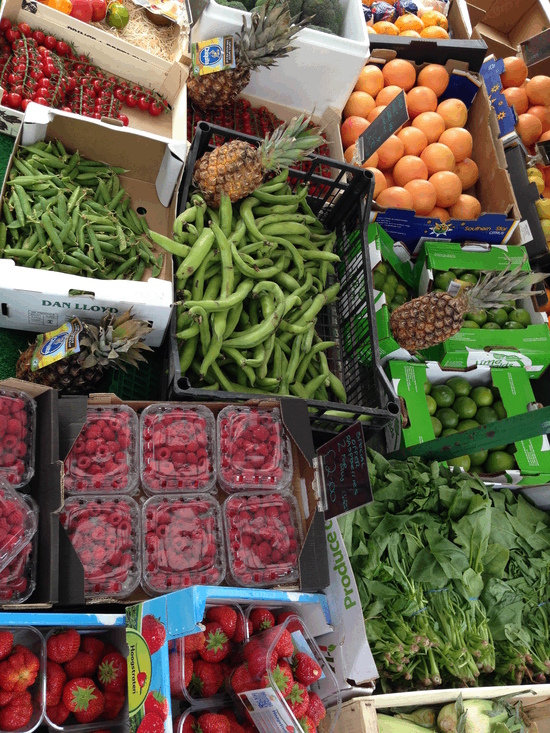
The captcha answer is not correct.
Are you human? If yes, please check it and try again, thank you.
There's a service issue at this time and there's nothing we can do about it. Please, try again later.
The message received is the following:
Your email has been successfully added to our database, thank you.